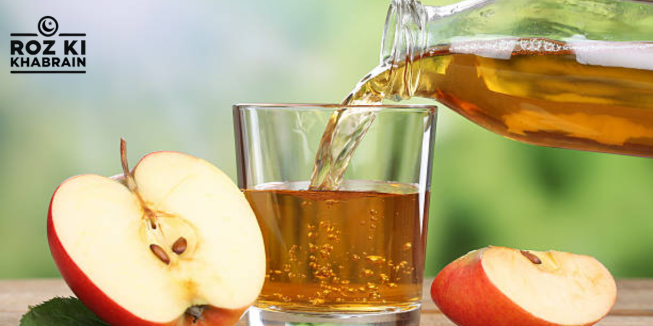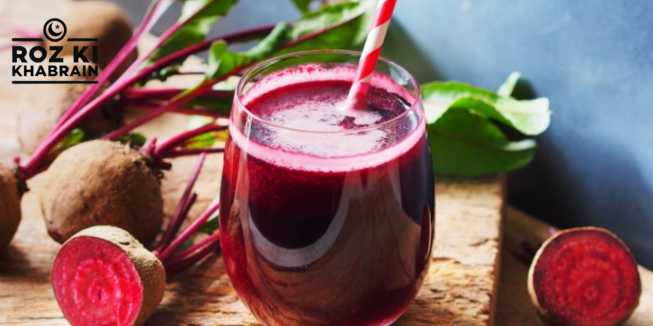There are numerous health claims associated with the consumption of apple cider vinegar (ACV) shots, but most lack substantial evidence. Some studies suggest that ACV might aid in regulating blood sugar and increasing high-density lipoprotein (HDL) cholesterol, often referred to as “good cholesterol.” However, these effects are minor and should not be relied upon as a treatment.
Are There Proven Health Benefits of ACV Shots?
While many health claims regarding ACV shots remain unverified (or disproven), there are some potential health benefits, including:
- Acetic Acid: This component may help eliminate harmful bacteria.
- Polyphenols: These have antioxidant properties that could reduce cellular damage from free radicals (unstable oxygen molecules).
- Probiotics: ACV can promote the growth of beneficial bacteria in the gut microbiome, the ecosystem of microbes in the digestive tract.
Although ACV contains these advantageous elements, there are more effective ways to obtain them. For instance, eating an apple offers greater benefits, including fiber, antioxidants, and vitamins that are lost in the process of making ACV. Other fermented foods and beverages rich in probiotics, such as kimchi, kombucha, sauerkraut, and kefir, are also healthier alternatives.
Some research-backed benefits of ACV include:
- A minor role in regulating blood sugar levels.
- Slight increases in HDL cholesterol.
- Potential topical benefits (like soaks for skin conditions), although further research is needed.
- Direct antimicrobial effects on germs such as Escherichia coli (E. coli), Staphylococcus aureus (S. aureus), Candida albicans (C. albicans), and methicillin-resistant Staphylococcus aureus (MRSA).
While there is some evidence supporting these effects, the benefits are minimal and should not replace medical treatment.
The benefits of ACV shots can also be influenced by additional ingredients mixed with the ACV. For example:
- Ginger: May alleviate nausea and bloating.
- Turmeric: Contains curcumin, known for its anti-inflammatory properties, which may help reduce inflammation in muscles, connective tissue, and the gastrointestinal tract.
- Fruit and Vegetable Juices: Often provide vitamins, minerals, and other beneficial components, including antioxidants.
These ingredients do not necessarily need to be consumed in “shot” form to be effective; incorporating them into a balanced diet is crucial.
Debunking Myths About Apple Cider Vinegar
Despite popular beliefs, ACV does not:
- Treat heartburn.
- Aid in weight loss.
- Control blood pressure.
- Cure cancer.
Risks and Side Effects of ACV Shots
While ACV shots may have benefits, they also come with potential risks, including:
- Kidney Disease Concerns: Those with chronic kidney disease may struggle to process the excess acid from ACV.
- Medication Interactions: ACV can influence the effectiveness of certain medications, including common diuretics for high blood pressure. It’s important to consult a healthcare provider before regularly consuming ACV or taking it as a supplement.
- Esophageal Damage: ACV can exacerbate heartburn and may damage the esophagus and gastrointestinal tract if consumed excessively.
- Lower Potassium Levels: ACV may lead to or worsen low potassium levels, particularly in individuals taking medications that can lower potassium.
- Increased Osteoporosis Risk: Long-term consumption of high doses of ACV (1 cup or more per day) may be linked to a higher risk of osteoporosis.
- Tooth Enamel Erosion: Regular ACV consumption can erode tooth enamel due to its high acidity.
Nutrition Facts for 1 Tablespoon of Cider Vinegar
One tablespoon (14.9 grams) of cider vinegar contains:
- Water: 14 grams
- Energy: 3.13 kilocalories
- Ash: 0.025 grams
- Carbohydrate: 0.139 grams
- Total Sugars: 0.06 grams
- Calcium: 1.04 milligrams
- Iron: 0.03 milligrams
- Magnesium: 0.745 milligrams
- Phosphorus: 1.19 milligrams
- Potassium: 10.9 milligrams
- Sodium: 0.745 milligrams
- Zinc: 0.006 milligrams
- Copper: 0.001 milligrams
- Manganese: 0.037 milligrams
- Selenium: 0.015 micrograms
How Are Apple Cider Vinegar Shots Made?
ACV is produced by crushing, distilling, and fermenting apples. The sugars in apples are digested by yeast and converted into alcohol. Subsequently, the bacterium acetobacter transforms the alcohol into acetic acid, which gives ACV its sour taste.
ACV shots are prepared by mixing ACV with a small amount of liquid, such as juice or water. They may be sweetened with honey or maple syrup and may include spices like turmeric, ginger, or cinnamon. ACV shots can be made at home or purchased pre-made.
How to Take ACV Shots Safely
It is crucial to never consume ACV without diluting it first. Mix no more than 1 tablespoon of ACV into 8 ounces of water or another liquid, such as juice. Even when diluted, it should be limited to one glass per day.
Additional tips for safely consuming ACV include:
- Drink ACV shots or beverages during meals to protect the stomach lining from the acid.
- Use ACV to make vinaigrette dressings instead of drinking it straight.
- Incorporate ACV into cooking, such as in sauces, marinades, and pickling.
- Drink water after consuming ACV to help protect your teeth.
- Avoid taking ACV for at least 30 to 60 minutes before bed to reduce the risk of heartburn and acid reflux.
Summary
ACV shots are made by mixing ACV with a liquid, such as water or juice, and sometimes adding other ingredients like spices and sweeteners. Although many health claims associated with ACV are not substantiated, some research suggests that it may help regulate blood sugar and increase HDL cholesterol. However, these effects are minimal and should not replace medical treatment.
Consuming ACV can lead to side effects, including tooth enamel erosion and esophageal damage. Always dilute ACV before consuming and limit it to no more than 1 tablespoon mixed with 8 ounces of liquid each day.




